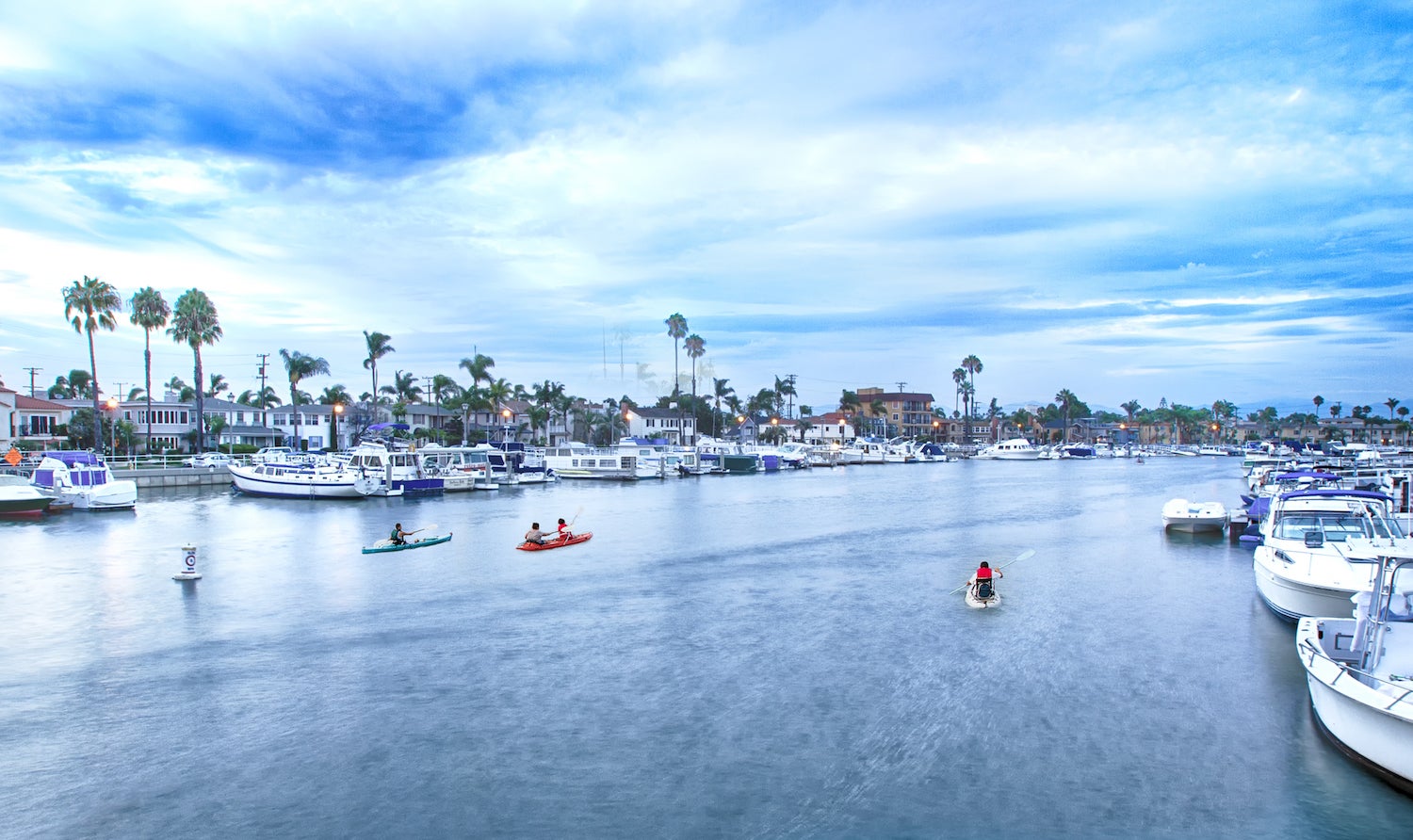How I Got There: Local Government | Connor Alexander Lock (SFS ‘15)

Posted in Student & Alumni Stories
Connor Alexander Lock studied International Political Economy in the Walsh School of Foreign Service and is now the Chief of Staff at the City of Costa Mesa. Prior to then, he served as a legislative assistant at the City of Long Beach, which was when we interviewed Connor about his experience! Learn how Georgetown shaped his path, what led him to his current interests, and more insights regarding local government as a whole:
What activities at Georgetown did you find the most valuable and why?
The most valuable activities in which I participated at GU were my two internships for Congressman Adam Schiff, my work-study job at the Master of Science in Foreign Service program, the Carroll Fellows Initiative, the Grilling Society, and Ultimate Frisbee.
I now work in an international city with an airport and the nation’s largest seaport complex, and I am far more effective when I can speak authoritatively on international topics while also being able to connect with constituents over our shared weekend afternoon interests.
What does a typical day look like for you?
Every morning I take the bus to work, rather than driving, to keep myself aware of public transit conditions in the district and the city. When I get to work I catch up on local and regional news and go over the Councilmember’s schedule for the day, as well as the overall office schedule, and my own.
After this, there is a parade of briefings, meetings, calls, and small projects punctuating research into transformational initiatives that must be undertaken carefully and with great attention to detail. I draft formal statements, policies, and policy analyses on a variety of issue areas.
Every morning I take the bus to work, rather than driving, to keep myself aware of public transit conditions in the district and the city.
What surprised you the most when you started working?
I was surprised by how deeply many constituents care about things that seemed, at first, like total non-issues to me. I had to learn to open up my understanding to their life experiences, to their challenges and stressors, to do my job well.
And in actively listening, in seeking to understand why complaints about alleged chemtrails or homeless individuals collecting cans and bottles for CRV are the most important thing in some people’s lives, I came to understand a little bit more about how many different kinds of people we have, and have always had, in our communities. I am still shocked regularly, but the frequency is diminishing.
What skills are most needed in your role?
Networking and the ability to empathize without a doubt. Being able to understand constituent issues, their concerns, the grounding of their worries and hopes alike, while also being comfortable meeting up to hundreds of people a week at community events and remembering their names and details of their lives. This is difficult but extremely valuable.
What are the best ways for students to learn more about your industry?
Go local. The national political and government scene is chaos right now, and unless you’re operating in campaigns for state or federal office, it’s largely irrelevant to your day-to-day work. So go local, get to know your school board rep, your councilperson, your community college rep, your state reps, your county reps. Get to know them and their staff by simply asking for meetings on something about which you are well-versed and care about.
[What’s important is] being able to understand constituent issues, their concerns, the grounding of their worries and hopes alike, while also being comfortable meeting up to hundreds of people a week at community events and remembering their names and details of their lives by those that have journeyed before them.
If you could go back and change one thing, what would that be?
I would absolutely have gotten involved in campus political action, whether through GUSA or the university political party groups. The experience of collaboration and compromise there would have helped me with networking and industry terminology after graduation.
Interested in hearing more stories? Check out the rest of our How I Got There series.
